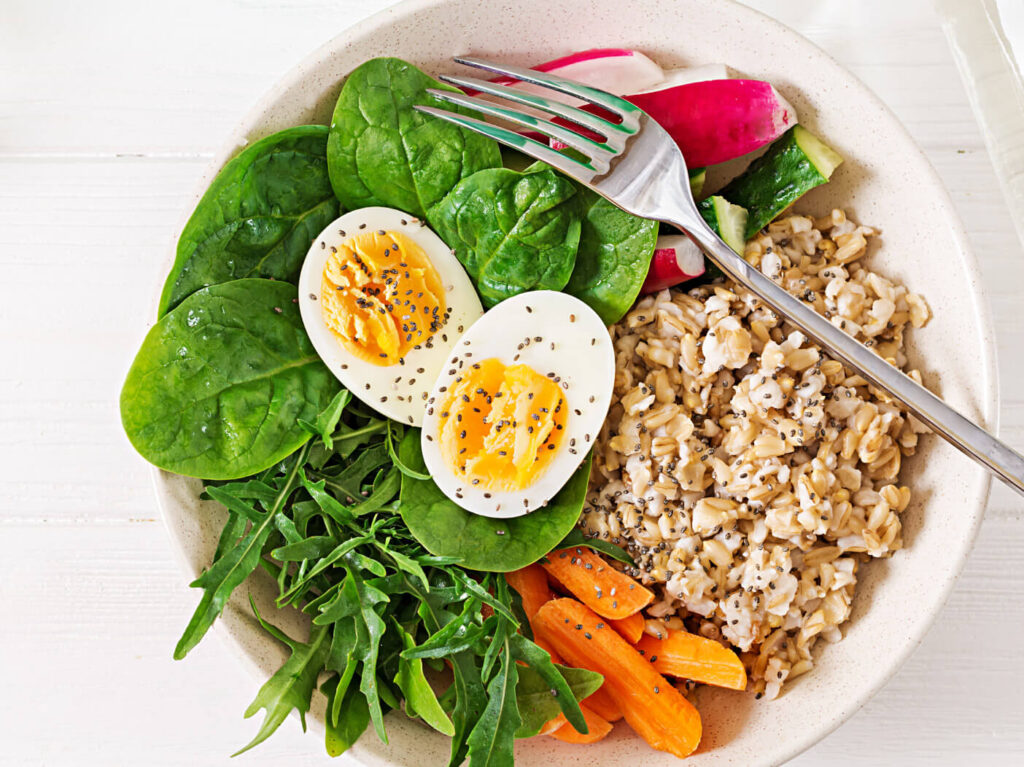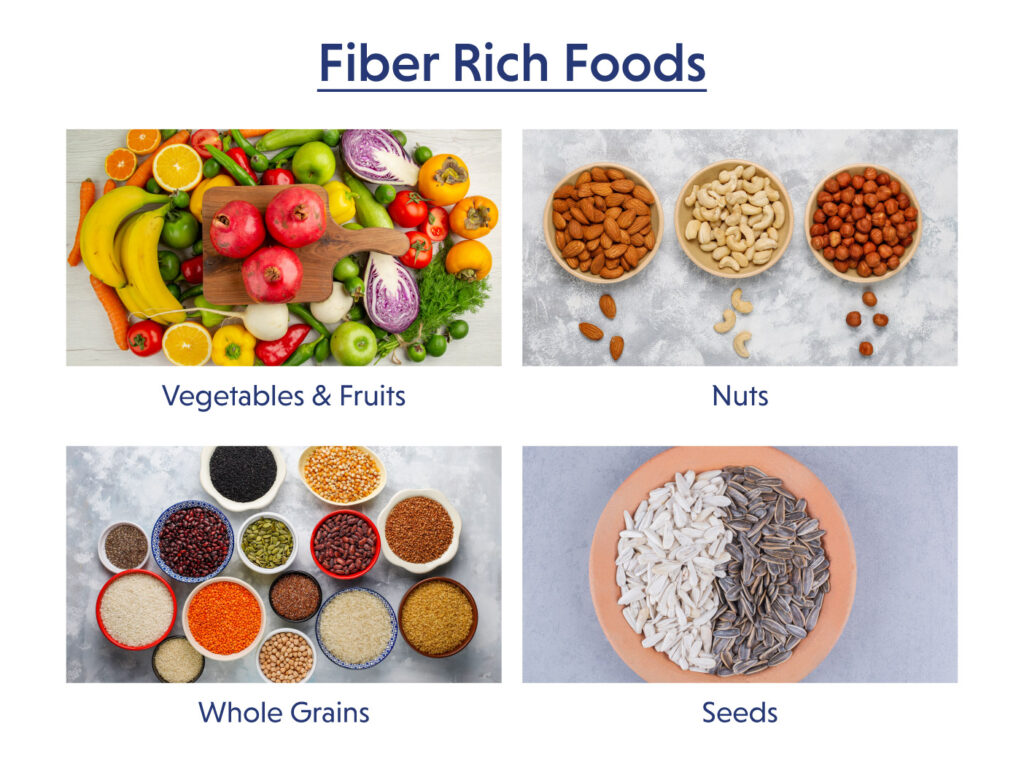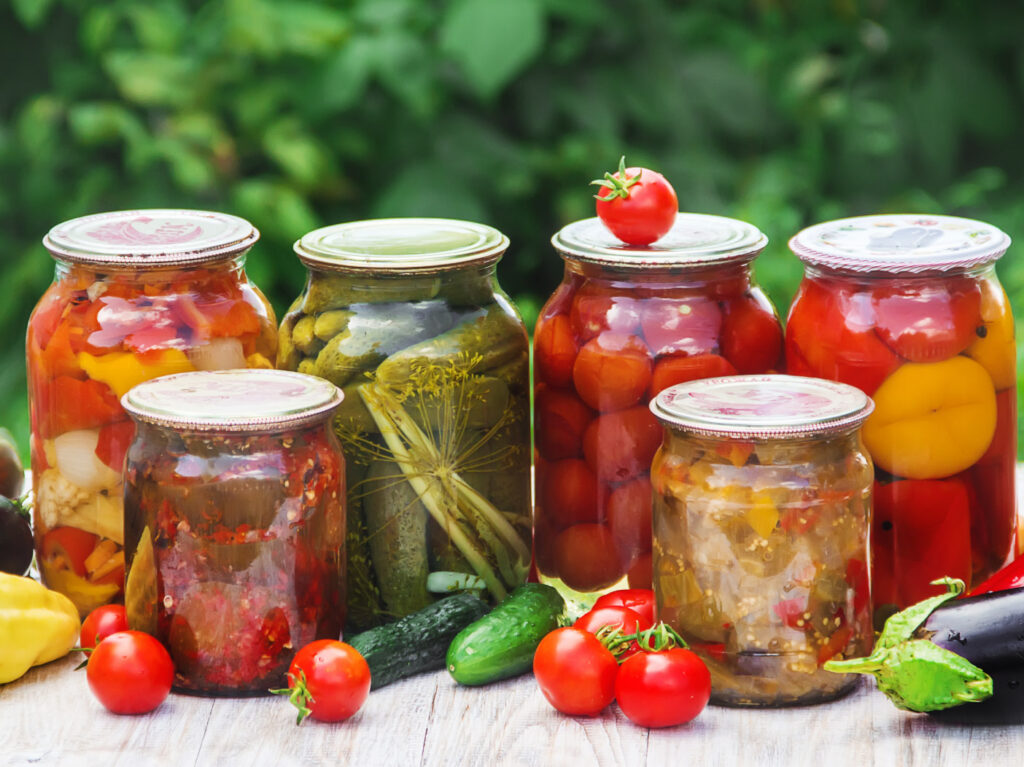Gut Health-Doing It Right With The Right Diet
Are you feeling anxious and hearing that rumbling in your tummy? You can relate to this situation every time you have an exam or a presentation. The gut, being the second brain, has feelings of its own. So next time you have a gut feeling about something, do not ignore it!
That being said, it becomes important to take care of your gut and keep it healthy.
Understanding Gut Health
Everyone is aware of the important role played by the gastrointestinal tract in keeping us healthy. Right from passing food from mouth to our stomach, followed by absorption of nutrients, supply of energy, and finally removal of waste from the body.
How would we survive without this system?
We need to understand the right ways to keep it healthy, and the most important factor contributing to Gut Health is the diet that one takes. However, other factors such as age, physical activity, sleep, medications/use of antibiotics, stress, exposure to bacteria, viruses, etc., and consumption of alcohol and tobacco also affect Gut Health.
The composition of gut-what role does microbes play.
Our body harbors trillions of microorganisms, even more than the cells we have. Most of these are good and beneficial for us. All the microbes which inhabit our gut are collectively known as the gut microbiome.
These microbes have numerous roles to play, right from helping in the process of digestion to the maintenance of our physical and mental health. They are an essential part of our digestive system.
Any imbalance in their numbers or functionality may pave the way to several health conditions and diseases. This imbalance may lead to an increase in harmful bacteria over good bacteria. Hence, it becomes imperative to keep the gut microbial population in check.
Suppose the bad ones override the good ones. It can lead to conditions such as chronic diarrhea and constipation, Crohn’s Disease, Irritable Bowel Syndrome (IBS), Peptic Ulcer Disease, Ulcerative Colitis, and many more.
One of the most important ways to keep the gut healthy is choosing the best diet to augment your Gut Health.
Improving your Gut Health with the good food choices

In today’s fast-paced life, many people suffer from several lifestyle diseases. Not eating a well-balanced diet can be found to be one of the culprits behind this.
You can always see people busy, mostly eating their food on the go. Due to the availability of
unlimited packaged foods, life has undoubtedly become easy, but these foods come with their own
health risks!
On the other hand, eating a balanced diet with optimum nutrients (carbohydrates, proteins, fats, fiber, vitamins, minerals, and fluids) will improve your overall health and keep you fit.
Eating a balanced Diet=Healing the gut.
Try to include-
- At least five portions of fruits and vegetables every day
- Legumes and Whole grains
- Lean proteins twice a week
- Adequate amount of water to stay hydrated-3.7 liters/ day for men and 2.7 liters/day for women
Eating for a healthy gut Microbiome.
Believe it or not but 70% of your immune system is present in the gut. And the resident microbes of the gut interact with and stimulate the immune cells. The beneficial bacteria help break down toxic foods and even help in the synthesis of important nutrients such as vitamins and amino acids.
So, to keep a healthy balance of these microbes in the gut, it becomes important to feed them with the right diet.
Fiber, fiber, and more fiber!

Also known as prebiotics, all fibrous foods cannot be digested by humans, so the bacteria in your gut do the work. They help to break it down and produce compounds that improve your immunity and help to control your blood sugar and cholesterol levels.
Vegetables and fruits- Fiber-rich foods include- Beans and legumes like lentils, chickpeas, and split peas. Vegetables like peas, artichokes, carrots, beets, broccoli, leeks, asparagus, onions, garlic, and dandelion greens. Also, leafy greens such as spinach and kale are a great source of fiber and vitamins, and minerals.
Not to forget, fruits like bananas, apples, raspberries, blueberries, oranges, grapefruit, and avocados are rich in fiber.
Whole grains-Whole wheat, brown rice, barley, millet, sorghum, and oatmeal are also important sources of fiber.
Nuts-Nuts are rich in unsaturated fats, fiber, proteins, and some vitamins. Example: almonds and walnuts contain Vitamin E. Pecans and peanuts are rich in Vitamin B, and magnesium is found in almost all types of nuts.
Eating a handful of these can give you anywhere around three grams of fiber, three to seven grams of protein, and the benefits of healthy unsaturated fats. You can make healthy recipes by adding nuts to salads, soups, cereals, and even yogurts.
Eating nuts regularly comes with immense health benefits such as improving heart health, immunity, mental health, controlling inflammation, and protection against Type 2 Diabetes.
So, let’s get a little nutty with pistachios, chestnuts, brazil nuts, cashews, hazel nuts, peanuts, pine nuts, walnuts, and macadamia nuts.
Seeds- Don’t underestimate the power of seeds. They may look very tiny but are a powerhouse of nutrients, and the gut microbes love them! A great source of fiber, antioxidants, healthy mono and polyunsaturated fats, vitamins, and minerals.
Consuming seeds such as flax seeds, Chia seeds, hemp seeds, sesame seeds, pumpkin seeds, and sunflower seeds can help lower cholesterol, blood sugar, blood pressure, and even the risk of some cancers.
Fermented Foods- Source of Probiotics

Fermentation is a process in which sugars in the food are broken down by bacteria and yeast. Fermented foods support the growth of beneficial bacteria in your gut (Probiotics), in turn leading to improved digestion and better overall immunity.
Some examples of fermented foods include Sauerkraut, Kimchi, miso, tempeh, kombucha, kefir, pickles, traditional buttermilk, traditional cheese, sourdough, and Natto.
Good old Yogurt is another food rich in probiotics and serves as a source of protein, calcium, potassium, and vitamin B12. However, sometimes not all yogurts contain good bacteria, as these may get killed during the process of pasteurization. So try to go for those which contain live cultures and the least sugar.
There are no ideal recommendations for eating fermented foods, but you can slowly start including small portions in your diet and gradually increase their amount if they suit you.
In a nutshell, to keep your gut and fighters in your gut in great shape and improve your overall gut health, here are some helpful tips-
- Reduce the consumption of refined and sugary foods. Replace them with healthier food choices to improve the number of good bacteria in your gut.
- Bring in some diversity in the foods you eat. Have a variety of plant-based foods. Your gut microbes will love it!
- Incorporate fibrous foods into your diet.
- Don’t forget those probiotics. Eat them daily and feed the good bacteria in your gut.
- Stay hydrated, and have lots of fluids to prevent constipation and other gut-related issues.
For more tips and information on Gut Health and nutrition, download the JoyScore App now!



